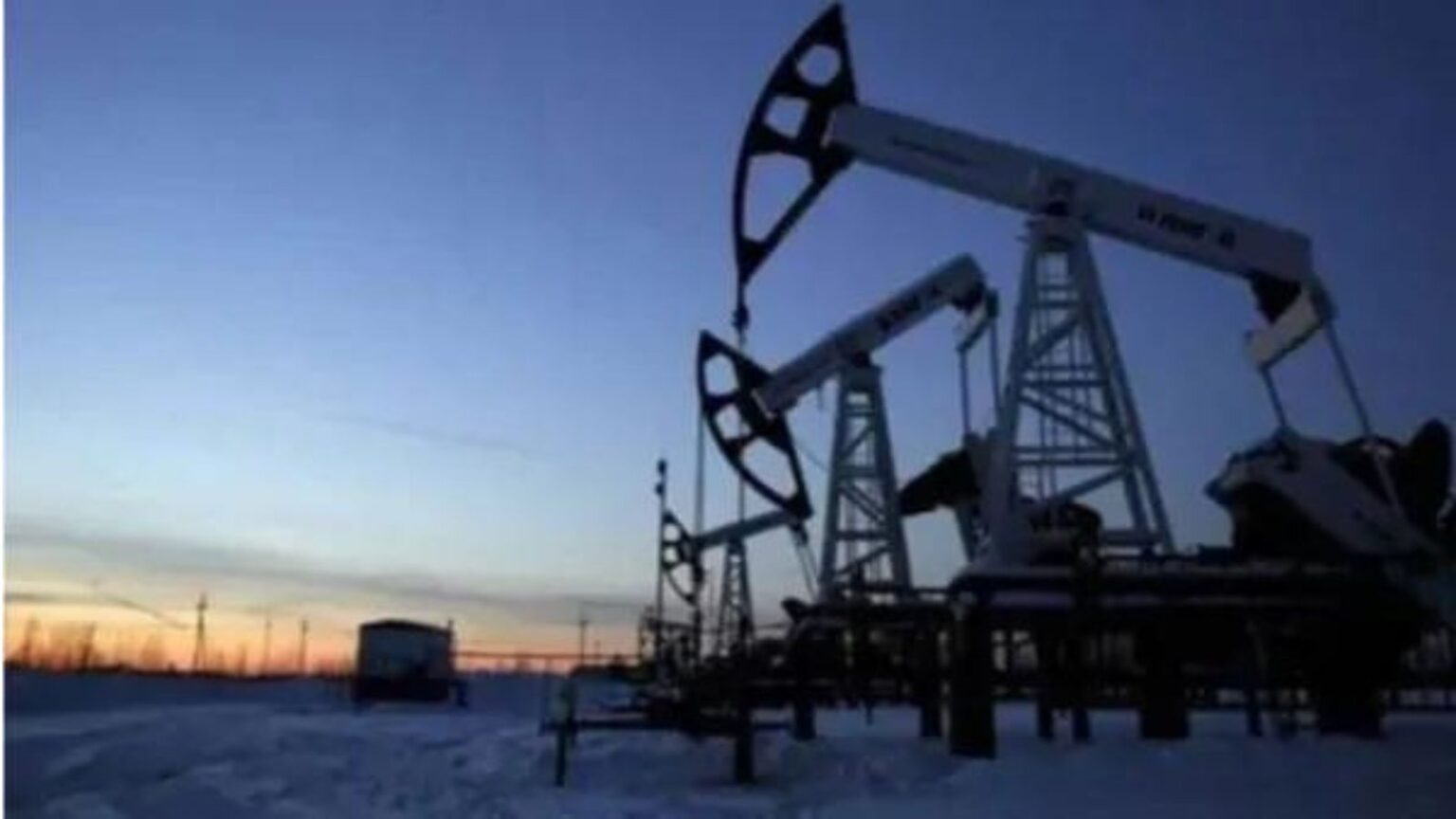As oil prices linger below the $90/barrel mark, the global market is witnessing a delicate balancing act between demand anxieties and Middle East supply apprehensions. Despite ongoing geopolitical tensions in the region, particularly surrounding key oil-producing nations like Saudi Arabia and Iran, concerns over weakening demand have cast a shadow over the energy sector.
The recent surge in COVID-19 cases, coupled with the emergence of new variants, has prompted fears of renewed lockdown measures and dampened economic activity in several major economies. This has led to downward revisions in oil demand forecasts, putting downward pressure on prices.

Source:- news 18
Additionally, the transition towards renewable energy sources and the growing emphasis on sustainable practices have further clouded the outlook for traditional fossil fuels. Governments worldwide are implementing stringent environmental policies aimed at reducing carbon emissions, which could potentially dampen future oil consumption.
Source:- India Today
However, geopolitical tensions in the Middle East continue to pose a threat to global oil supplies. The region remains a volatile hotbed, with simmering conflicts and political instability constantly threatening to disrupt production and distribution channels. Any escalation in hostilities or the imposition of sanctions could trigger a sharp spike in oil prices, unsettling the delicate equilibrium in the market.
Key players such as Saudi Arabia, the de facto leader of the Organization of the Petroleum Exporting Countries (OPEC), and Iran, a significant oil producer constrained by international sanctions, wield considerable influence over oil prices. Any disruptions to their output, whether due to political unrest, infrastructure failures, or geopolitical maneuvering, can send shockwaves through global energy markets.
Moreover, the dynamics of supply and demand are also influenced by factors such as production quotas set by OPEC and its allies, including Russia, as well as fluctuations in non-OPEC production, particularly in countries like the United States, Canada, and Brazil.
In response to the prevailing market conditions, oil-producing nations and major energy companies are closely monitoring developments and adjusting their strategies accordingly. They are seeking to strike a delicate balance between maximizing revenues in the short term and ensuring long-term sustainability in an evolving energy landscape.
Furthermore, investors are closely scrutinizing the actions of central banks and policymakers, particularly regarding monetary policy decisions and stimulus measures, which can impact both economic growth and inflation expectations, thereby influencing oil prices.
while concerns over weakening demand and the transition to renewable energy sources weigh on oil prices, geopolitical tensions in the Middle East remain a persistent source of uncertainty. The interplay of these factors underscores the complex and dynamic nature of the global oil market, where supply and demand dynamics, geopolitical developments, and environmental considerations converge to shape price trajectories.
Share your views in the comments

